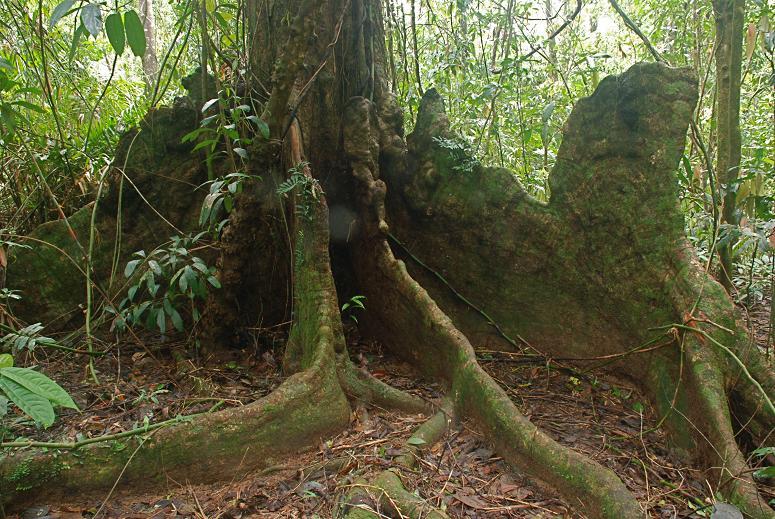
Daintree Rainforest & River History
The Daintree region which incorporates the famous Daintree Rainforest and Daintree River was originally home to the Aboriginal people of the Kuku Yalanji tribe who lived in small kinships of 8-12 in camps scattered along the banks of creeks and rivers. The hunter gatherer lifestyle of these people was highly dependent up rainforest vegetation which, although being toxic, was carefully prepared to make it safe for consumption. This unique culture is approximately 9000 years old and was an uninterrupted way of life until 1873 when European settlers, attracted by the discovery of gold, the potential for tin and mineral mining as well as the opportunity to harvest the stunning red cedar, arrived in the area causing many violent conflicts with the indigenous people.
The Daintree River was discovered by GE Dalrymple and the Daintree Village was established as the first settlement and named after Queensland's current Agent-General. This village served as the base for the red cedar logging efforts that commenced in the area. The Village then passed its name onto the World Heritage listed national park that runs all the way from the Mossman Gorge to the Bloomfield River. The Daintree River played an important part in establishing the Village as this was the only access point until 1933 when the road to Mossman was completed. The Village still stands today and has a current population of approximately 100.
These days the Daintree Rainforest and River thrives on the tourism industry with hundreds of national and international visitors coming to see the amazing natural environment each year. The region is still home to descendants of many of the original settlers and some still continue the operation of beef cattle, tropical fruit and sugar farming. However more often than not the tourists come for the spectacular rainforest, magnificent coastal ranges and beautiful beaches rather than the beef, fruit or sugar, although they are nice to enjoy while you're here.
